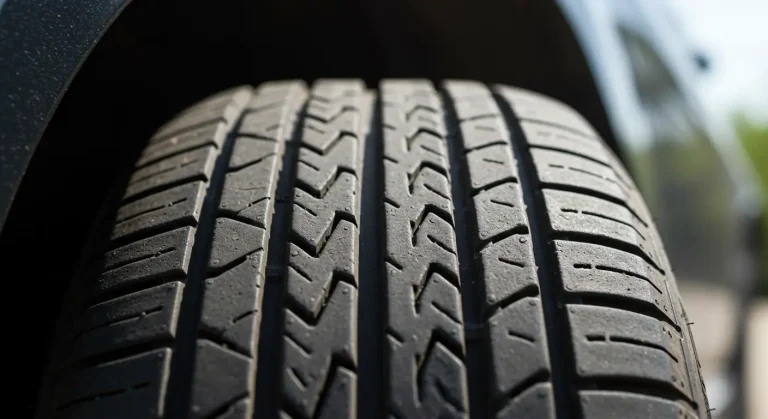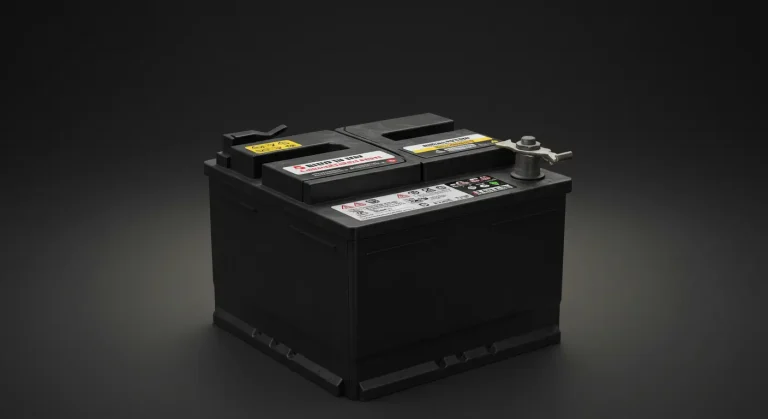When you see the check engine light on your dashboard, it might feel like a minor issue. But ignoring this warning can lead to significant problems down the road. In this article, I’ll explain why you shouldn’t ignore your car’s check engine light, what could be causing it, and what steps you can take to address it before it turns into an expensive problem.

What Does the Check Engine Light Actually Mean?
The check engine light is part of your car’s onboard diagnostics system. It’s your car’s way of telling you that something’s not functioning properly. It could be anything from a minor issue, like a loose gas cap, to something more serious, like a malfunctioning catalytic converter. Understanding what this light means is key to maintaining your car’s health.
- Loose Gas Cap: A common and simple cause that can trigger the check engine light. Make sure the gas cap is tightly closed.
- Faulty Oxygen Sensor: This sensor helps manage fuel efficiency and emissions. A failing sensor can lead to poor fuel economy.
- Catalytic Converter Issues: A costly repair, this component is responsible for controlling harmful emissions.
For more amazing posts, check out this guide.
What Happens If You Ignore the Check Engine Light?
Ignoring the check engine light might seem like an easy fix, but it can cause bigger issues. Here’s what could happen:
- Reduced Fuel Efficiency: Ignoring it can lead to problems like a faulty oxygen sensor, which will decrease fuel efficiency.
- Engine Misfires: A failing ignition system can cause engine misfires, leading to a rough ride.
- More Expensive Repairs: Small issues, if left unchecked, can grow into costly repairs, such as replacing the catalytic converter.
If your check engine light comes on, it’s better to address it sooner than later. For more on how to handle car issues, you might find this post useful.
What Can You Do When the Check Engine Light Comes On?
The first step when the check engine light turns on is to check your gas cap. If that’s not the issue, you may want to consider the following steps:
- Use an OBD-II Scanner: This device connects to your car’s OBD port and can give you a diagnostic code that helps you identify the issue.
- Visit a Mechanic: If you can’t figure it out, it’s time to get professional help. Mechanics can use advanced diagnostic tools to determine what’s wrong.
- Don’t Delay Repairs: If your car is telling you there’s a problem, don’t put it off. Addressing issues early can save you from more costly repairs later.
How to Prevent the Check Engine Light from Coming On
You can reduce the likelihood of seeing the dreaded check engine light with a few simple steps:
- Regular Maintenance: Stick to a regular schedule for oil changes and tune-ups to keep your engine running smoothly.
- Check the Fuel System: Pay attention to your car’s fuel system. A clogged fuel injector or worn-out fuel pump could trigger the check engine light.
- Drive Smoothly: Avoid harsh braking or rapid acceleration, as these habits can cause wear on your engine components over time.
Common Check Engine Light Issues and How to Fix Them
Here are some of the most common causes of the check engine light, along with how to handle them:
- Oxygen Sensor Failure: This part monitors the level of oxygen in the exhaust system. Replacing it can restore fuel efficiency and emissions control.
- Catalytic Converter Issues: A clogged or broken catalytic converter can reduce engine performance. The solution here is replacement, but catching the problem early can save you money.
- Spark Plug Problems: Faulty spark plugs can cause misfires. Replacing them will help restore smooth engine operation.
How Much Does It Cost to Fix the Issues Triggering the Check Engine Light?
Depending on the issue, repairs can range from inexpensive to costly. Here’s an estimate of what you might pay:
| Issue | Average Repair Cost | Common Fix |
| Loose Gas Cap | Free | Tighten or replace the cap |
| Oxygen Sensor Replacement | $200 – $500 | Replace sensor |
| Catalytic Converter Repair | $1,000 – $2,500 | Replace catalytic converter |
| Spark Plug Replacement | $100 – $200 | Replace spark plugs |
These costs can add up, but addressing the problem early can prevent more severe damage and help you avoid high repair costs in the future.
Conclusion: Never Ignore the Check Engine Light
In conclusion, ignoring your car’s check engine light can lead to serious consequences, from reduced fuel efficiency to costly engine repairs. By addressing the problem early, you can prevent minor issues from turning into major, expensive problems. Remember, the check engine light is there to help you maintain your car’s health, so take it seriously and get the issue checked out as soon as possible.
Source: https://pedrovazpaulo.co/






